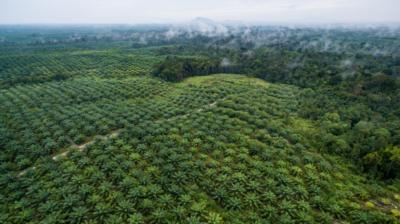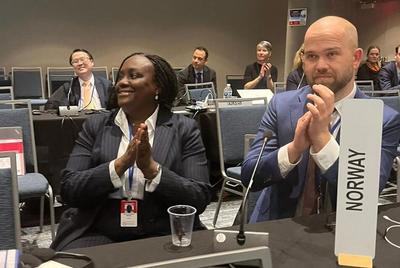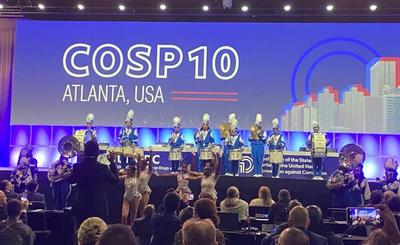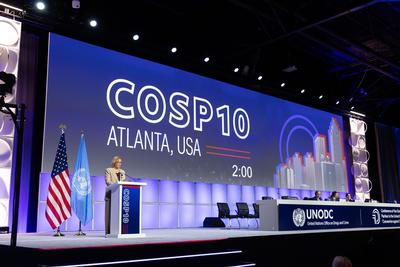U4 International Roundtable: REDD+ and Anti-Corruption
Governance and corruption challenges facing REDD+ in the years ahead are widely acknowledged to be daunting both in their scale and severity (Anon, Forum for Development Studies, Forthcoming; Anon, World Development, Forthcoming; Angelsen 2013; Kashwan and Holahan, 2014). As REDD+ readiness activities have proceeded around the globe, initial concerns about corruption and governance risks have led to the generation of substantial empirical evidence and the collection of practical insights into these issues from academic studies, media and NGO reports, donor-supported corruption risk assessments and capacity building, and through the operation of REDD+ pilot projects.
On 21st November, U4 convened development practitioners and researchers at an international roundtable on anti-corruption and REDD+ at Norad in Oslo. The roundtable focused on communicating the main results of Phase I of U4’s REDD Integrity project (2011-2014) and mapping and discussing future anti-corruption priorities for REDD+ development practice. Project authors from the Centre for International Forestry Research (Indonesia), the Ateneo School of Government (Philippines), and the Crawford School of Public Policy (Australia) were invited to share their views on REDD+ and anti-corruption efforts as they are evolving in countries they work in and study closely. Development practitioners working on REDD+ from within multilateral (UNDP, UN-REDD) and bilateral agencies (Norad, UK DECC) were also invited to reflect on their work and future anti-corruption priorities for REDD+.








